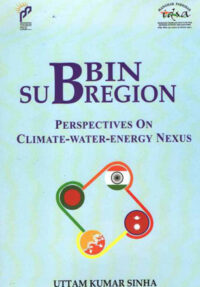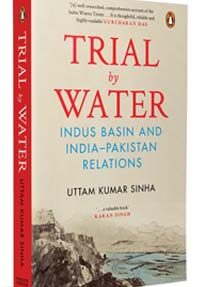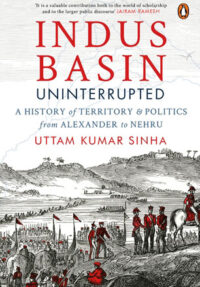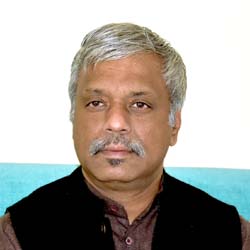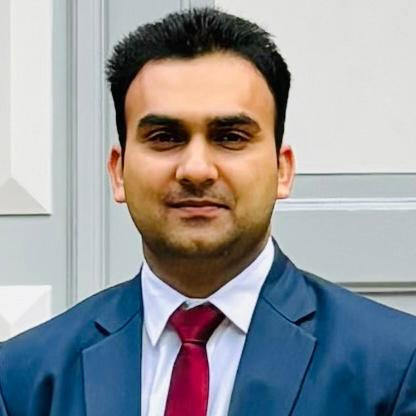US Sanctions on Iran and their Impact on India
Will the recent US Treasury sanctions and impending Congress sanctions on Iran influence Indian companies from doing business with the Islamic Republic?
- Shebonti Ray Dadwal , M. Mahtab Alam Rizvi
- June 21, 2010


